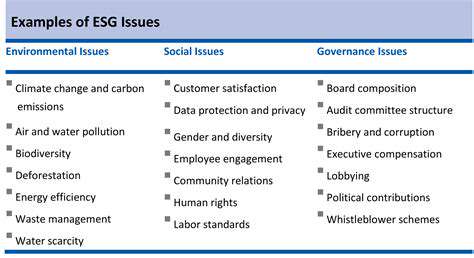Best Pet Insurance for Pre Existing Conditions (If Available)
Tips for Choosing the Right Pet Insurance Policy

Choosing the Right Breed for Your Lifestyle
Deciding on a pet is a significant commitment, and understanding your lifestyle is crucial to selecting the perfect match. Consider factors like your living situation, the amount of time you can dedicate to care, and your experience with animals. A small apartment, for example, might not be suitable for a large dog breed requiring extensive exercise. Similarly, if you work long hours, a low-maintenance pet like a cat or a hardy fish might be a better fit than a dog who needs daily walks and playtime.
Researching different breeds and their temperaments can help you anticipate potential challenges and ensure a harmonious relationship. For instance, some breeds are known for being more playful and energetic, while others are calmer and more independent. Matching your lifestyle with the appropriate breed is key to a fulfilling pet ownership experience.
Considering Your Family's Needs
If you have children, you need to choose a pet that's suitable for interacting with them. Certain breeds are known for their patience and gentle nature, making them better options for families with young children. It's important to carefully evaluate the temperament of any pet before introducing them to your family. A pet's personality can evolve, but understanding its initial tendencies can help prevent potential conflicts or behavioral issues.
Consider the ages of your children and their experience with animals. A boisterous puppy might not be the best fit for a family with a very young child, and an older, more sedate pet might be a better option for a family with teenagers.
Budgeting for Pet Ownership
Owning a pet comes with financial responsibilities that extend beyond the initial purchase price. Veterinary care, food, supplies, and potential emergencies all require careful budgeting. Understanding these expenses upfront is essential to avoiding financial strain and ensuring your pet receives the best possible care.
Research the average costs associated with the type of pet you're considering. This will help you create a realistic budget and avoid unexpected financial burdens down the line. Don't forget to factor in costs for grooming, toys, and potential training classes, if needed.
Understanding Pet Care Requirements
Different pets have different care needs. Dogs require daily walks, playtime, and grooming, while cats need regular feeding, a clean litter box, and attention. Be prepared to dedicate the necessary time and effort to fulfill these needs to ensure your pet's well-being. In addition, different breeds have different exercise requirements; some need more rigorous activity than others.
Research the specific care requirements of the breed you're interested in to ensure you can meet these demands. Understanding these needs will help you make an informed decision and avoid potential problems.
Assessing Your Home Environment
Your home environment plays a significant role in choosing the right pet. A small apartment, for example, might not be suitable for a large dog or a boisterous breed. Consider the space available for the pet to move around and play. Think about the noise level in your home and whether the pet's needs align with your lifestyle.
Evaluating Temperament and Personality
A pet's temperament is a crucial factor in ensuring a happy and harmonious relationship. Researching different breeds and their typical temperaments can help you identify potential compatibility issues. Consider whether you prefer a playful, energetic pet or a more calm and independent one. Meeting potential pets and observing their interactions with people and other animals is important for gauging their personality and temperament.
Considering Adoption versus Purchasing
Adopting a pet from a shelter or rescue organization can be a rewarding experience. It's a chance to give a deserving animal a loving home and support a worthy cause. Many shelters have pets of all ages and temperaments, and you can often find a perfect match for your lifestyle. Adopting also allows you to potentially save money compared to purchasing a pet.
Read more about Best Pet Insurance for Pre Existing Conditions (If Available)
Hot Recommendations
- Tax Planning Tips for Homeowners [2025]
- How to Get Insurance for a Short Term Rental Property
- Understanding the Benefits of a Roth IRA
- How to Manage Business Debt After a Downturn
- How to Use a Barbell Investment Strategy
- Best Ways to Track Your Progress Towards Financial Freedom
- Tips for Managing Credit Card Rewards While Paying Off Balances
- Tax Planning Tips for Stock Options
- How to Plan for Retirement if You Didn't Save Early
- Guide to Managing Legal Debt





![Best Investment Platforms for Beginners [2025]](/static/images/30/2025-05/AdditionalTipsforChoosingtheRightPlatform.jpg)



![Tax Planning Tips for Freelancers [2025]](/static/images/30/2025-07/UtilizingTaxCreditsandDeductionsSpecifictoFreelancers.jpg)

